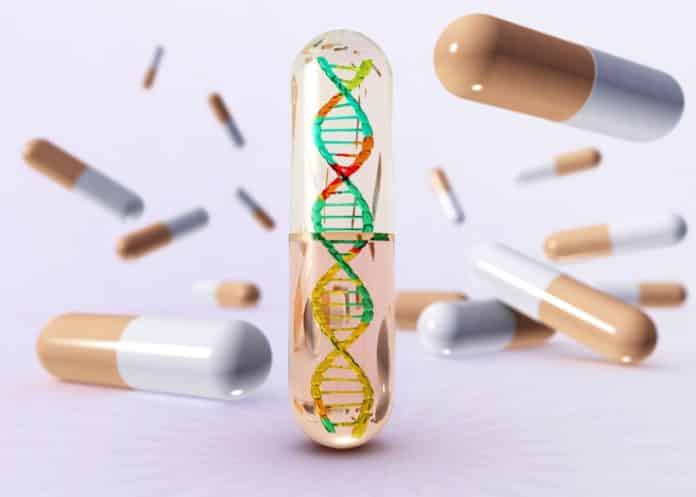Mobile CRISPRi – CRISPR Repurposed To Develop Better Antibiotics
A group of researchers from the University of Wisconsin-Madison and University of California has successfully repurposed CRISPR tech to study which genes are targeted by specific antibiotics. This discovery will not only provide substantial ground to improve the efficacy of existing antibiotics but will also help develop new effective ones.
Antibiotic resistance is a major issue faced globally. As per WHO reports more than 1.3 million people can be dead due to Antibiotic-resistant superbugs by 2050. In words of Jason Peters lead researchers of the project – We need to find out new weaknesses in the antibiotic-resistant superbugs.
Mobile-CRISPRi is a new technique developed that allows researchers to analyze & screen antibiotic function in a range of pathogenic bacteria. With the use of bacterial sex form, the scientists transferred Mobile-CRISPRi from common laboratory strains into diverse bacteria. This flexibility of transferring of strains makes this method a boon for scientists to study an infinite number of disease-causing bacteria.
Jason Peters, Carol Gross, Oren Rosenberg and other colleagues at UCSF developed this technique, the findings of the study was published in journal Nature Microbiology. This novel method nearly eliminates the production of protein from targeted genes, aiding the scientist
to figure out how the antibiotics inhibit the growth of a particular pathogen. This will give an upper hand to the research community to understand antibiotic-resistant superbugs in depth and ways to eliminate them.The team used the most talked gene editing tool but in a unique way. Usually, the CRISPR system works by cutting the DNA in two at the target gene, wherein the gene is edited while the cells continue to repair. On the other hand, Peters and his research team engineered CRISPRi which will not cut the DNA as seen in CRISPR but will just sit on the DNA surface, blocking other proteins access and turning on a particular gene. As a result due to lower gene expression lesser amount of protein is coded.
The researchers concluded that the lower is the amount of protein produced to be targeted by an antibiotic, the bacteria in return becomes much more sensitive to lower levels of the drug – evidence of an association between gene and drug. This way numerous genes can be screened at a single time together as potential antibiotic targets thus helping the researchers to understand in-depth functioning of antibiotics.
CRISPRi mobile was developed by the use of conjugation to transfer the system from common lab models like E. coli to disease-causing species. Using conjugation, the researchers transferred Mobile-CRISPRi to the pathogens Pseudomonas, Salmonella, Staphylococcus, and Listeria, among others.
Mobile-CRISPRi mobility true test results came from cheese. Upon aging cheese develops its own colony of microbes. Lately, Scientists have been keenly studying the diversity of diversity of bacteria and fungi on cheeses, which contribute to their complex flavors. One of those bacteria, Vibrio casei, was found on the rind of French cheese in 2010 by Peters’ collaborator Rachel Dutton of the University of California, San Diego.
Gene manipulation can be readily done in an established laboratory bacteria such as E. coli, but it is almost impossible to study genes in bacteria like Vibrio casei – recently isolated from the environment. Using Mobile-CRISPRi the scientists could easily transfer the strain, opening up new avenues for understanding how the bacteria colonize and help age cheese.
The team is now offering the Mobile-CRISPRi to other researchers for the study. “So now it’s going to be completely available to the community,” says Peters. “Now this gives people a path forward.”






























